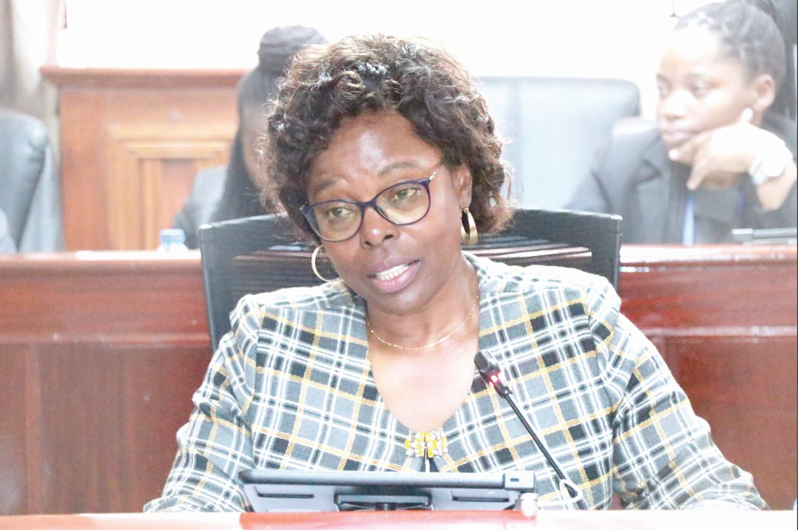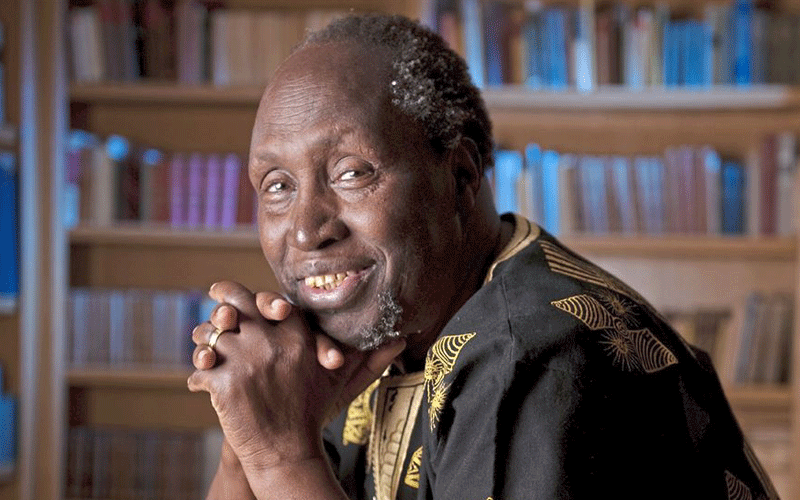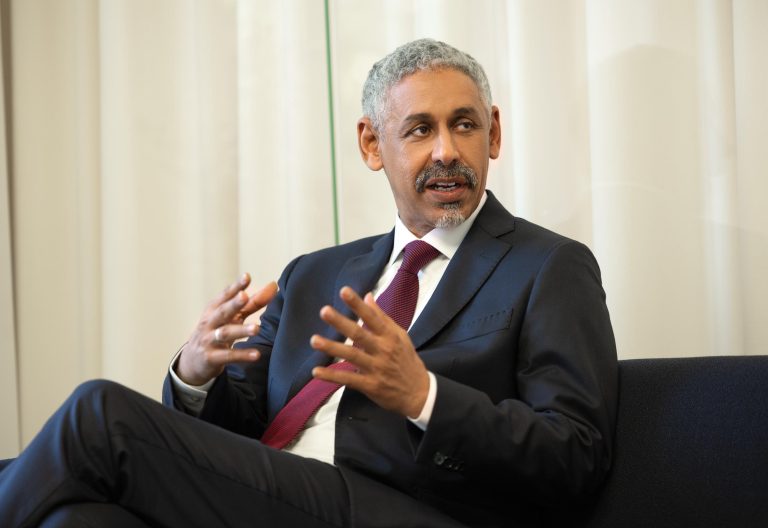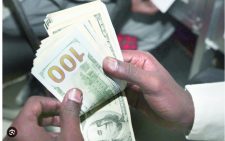Central Bank pays Sh5.5b to Treasury
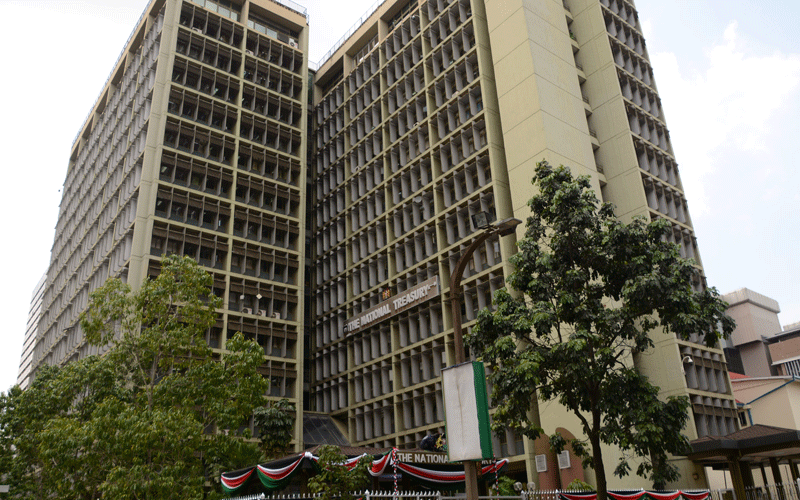
Central Bank of Kenya (CBK) has submitted Sh5.5 billion to the National Treasury, raising its annual disbursement to the exchequer to Sh10 billion this year.
The funds were drawn from the central bank reserves, the banking sector regulator said in a statement.
“The Central Bank announces that it has today transferred to the government consolidated fund Sh5.5 billion as distribution from CBK’s general reserve fund,” it said on its Twitter handle.
This distribution is in accordance with sections 9 and 51 of the CBK’s Act relating to the treatment of the CBK’s net annual profit and followed approval by the CBK board.
CBK said: “The transfer loosely known as remitting of dividends was executed by remitting the Ministry of Finance’s credit accounts.”
It said it made the decision to issue dividends to Treasury having considered its responsibilities such as modernising the bank’s infrastructure, printing new currencies and protecting the country from external shocks.
“It is in the context of its discussion of the Financial Statement for 2020/2021, and having weighed the various factors as stipulated in the law, the CBK board authorised the additional transfer of Sh5.5bn to the Government Consolidated Fund,” CBK said.
Treasury is at the moment going through difficult times with tight liquidity as much of the funds are going towards debt servicing but the Sh10.5 billion is a drop in the ocean.
Back in 2019 the Treasury had accused the CBK of holding to the money instead of releasing the cash, the CBK then increased its funding to the exchequer nearly five times to Sh4 billion.
It blamed its cash shortfall on lower remittance by CBK, one of its biggest contributors and which was expected to deliver Sh5.8 billion, but only delivered 14 per cent of it, even as it spent Sh15 billion on delivering new currency.
Central Bank makes money from currency conversions, interest on loans to banks and overdrafts to the government.
The regulator has, however, defended its latest payout, saying it considered its performance in the year ended June 2019 as well as its obligations and budgetary needs such as ongoing infrastructure projects.
It has in the past said that it was growing its balance sheet to be able to deal with the external shocks especially relating to foreign exchange volatility.
Best performers
Kenya shilling has been one of the best performers on the continent despite its decline to over Sh110 against the US dollar.
Other African currencies have fallen sharply pushing the respective countries into inflation price stability challenges.


